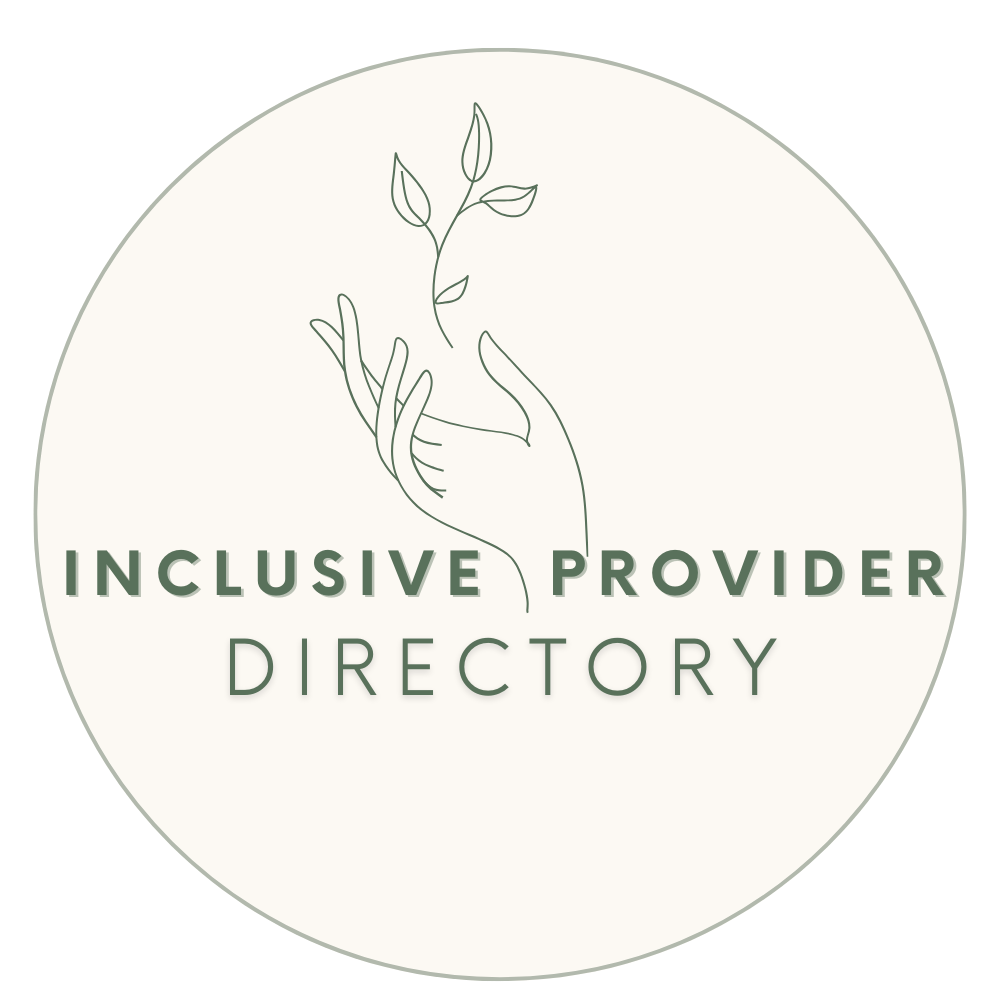Caregiver Burnout: Empowering Caregivers Through Art As Therapy
The “dog days” of summer are here, and with it comes the sensory overload, maddening jigsaw puzzle of camps and piecemeal childcare schedules, and often thwarted fantasies of lazy days by the pool. Whether you are a primary caregiver of little ones, a “sandwiched” caregiver of your own kids as well as aging parents, or even a professional caregiver working with a vulnerable or high-need population, the risk of caregiver burnout is real, and the spectrum of symptoms can be sneaky yet powerful.
Responses can range from any combination of:
Utter mental physical and emotional exhaustion
Being completely “checked out” or on autopilot
Always irritable
Prone to episodes of rage, hyperreactive to even minor irritants
More prone to interpersonal conflict
Riddled with somatic, tension-induced complaints like sleep disturbance, frequent headaches, aches, or GI symptoms.
With a clinical background in working with high-risk individuals with addiction and mental illness, having lived in one of the busiest (and arguably neurotic) cities in the world for two decades now, and experiencing the systemic strains of pandemic parenting and sandwiched caregiving firsthand, I am no stranger to caregiver burnout myself. A large part of my coping has been, in fact, specializing in advocating and supporting others in cultivating their own creative resilience tools to manage stress and burnout, which is now my labor of love as a perinatal art therapist.
As caregivers we already wear too many hats to meet all household or workplace demands–administrative assistant, cheerleader, chef, housekeeper, chauffeur, financial planner, etc. etc. That’s part of our multitasking superpower. But these roles get strained, fatigued, overworked.
And here’s the best part:
You don’t have to be an artist or art therapist to access creativity for stress relief and healing, (although working with a trained professional within the context of a therapeutic relationship can allow you to process and assess deeper needs and potential lifestyle shifts.)
It’s really about embracing a new–or long forgotten!--artist role with no personal expectations attached and then using innate skills we already possess (like creative problem solving, self-compassion, frustration tolerance, reframing of perspective) to express ourselves.
Let’s be clear: this is not about talent, training, or performance.
We are already stretched too thin.
It’s about embracing any creative outlet in an intentional but low-stakes way, simply for the pleasure of doing it, and letting ourselves express freely and fully in the moment–whether it’s doodling cartoons in a journal with a sparkly new set of colored pencils, trying out an interpretive dance class, taking pictures around the neighborhood, or writing silly haikus for friends. It can be purely private or relational, based on your own social bandwidth or mood at the time.
Creative opportunities that allow us to play, explore, experiment, get silly, and step out of the daily grind or mundane, even for 20 minutes at a time, have numerous physiological benefits, including lowering anxiety, stress hormone Cortisol levels, and heart rate to boosting mood by flooding the system with endorphins that actually energize us. And indulging in these exercises actively addresses the cumulative effect of caregiver burnout, one brushstroke, carpool karaoke song, or kitchen dance party at a time.
Sharon Itkoff Nacache is a trauma-informed, attachment-based, relational clinician with a virtual practice called Co-Create Art Therapy and Reproductive Mental Health for creatives and caregivers in NY & NJ. She has been practicing for 15 years and her work has been featured in both the LA & NY Times. She also provides integrative arts-based wellness workshops for employees in both the public and private sectors, bringing creative healing spaces to work. Contact: sharon@cocreatearttherapy.com for more info.



